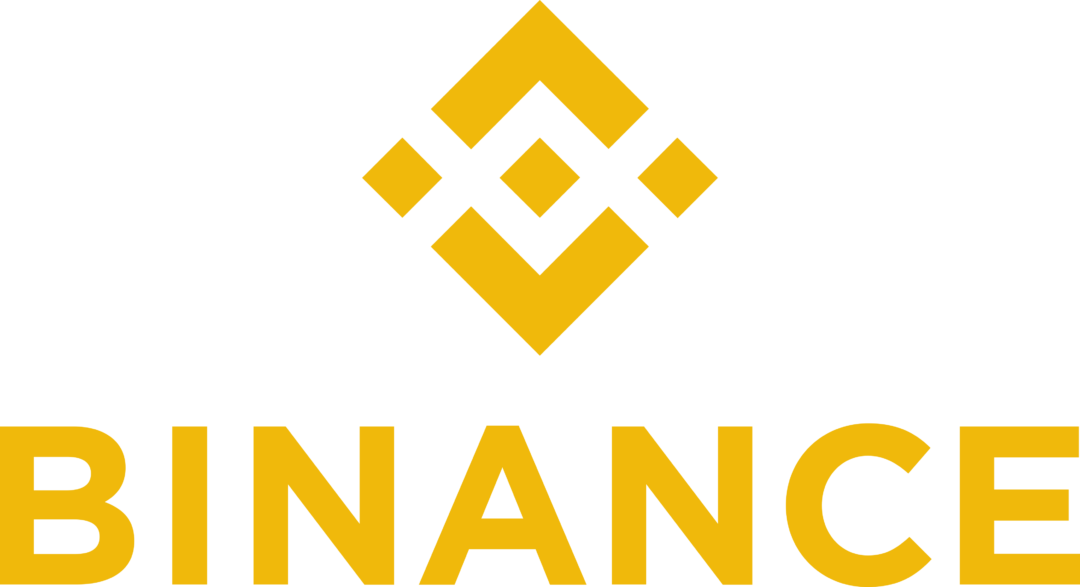Representatives of key institutions of the European Union (EU) and member states have reached an agreement on the regulation of crypto markets. The progress in talks on a comprehensive legal framework for the EU's cryptocurrency sector comes after European officials agreed to adopt a set of anti-money laundering rules earlier this week.
The EU authorities reached an agreement
Negotiators representing the European Union's main institutional bodies have agreed to implement the landmark Markets in Crypto Assets (MiCA) legislation across the 27-member bloc. It will introduce licensing of crypto companies and guarantees for their customers. The agreement builds on the consensus on money laundering for cryptocurrencies.
The agreement is supported by the European Parliament, the Commission and the Council, three participants in the complex EU legislative process. MiCA will now need the approval of parliament and state governments to become law. Breakthrough in the trialogue announced on social networks Stefan Berger.
“Europe will be the first continent to regulate cryptoassets,” Berger wrote, noting that the latest proposal does not include a proposal to ban energy-intensive proof-of-work (PoW) mining. The German legislator also stated:
Today, in the Wild West, we cleaned up crypto-assets and set clear rules for a harmonious market. The recent decline in the value of digital currencies shows us how highly risky and speculative they are and that it is essential to act.
Crypto markets have plunged this year following the collapse of stablecoin terrausd (UST) last month and serious problems at major crypto firms such as Celsius Network, 3AC and Voyager Digital. Bitcoin, the cryptocurrency with the largest market capitalization, has already lost 70 % of its value since its November record high.
MiCA will improve customer protection in the European crypto space
MiCA will give cryptocurrency issuers and related service providers a "passport" to serve clients across the Union, while also obliging them to meet "strict requirements to protect consumer wallets and be liable in the event of investor losses."
In addition, stablecoin holders will be offered the option of free withdrawals at any time, a move that some in the industry, such as the lobby group Blockchain for Europe, say could lead to a situation where "stablecoins will essentially have no way to be profitable."
National regulatory authorities will be responsible for issuing licenses to crypto businesses. At the same time, they will have to regularly inform the European Securities and Markets Authority (ESMA) on the permission of the operators. He was also tasked with developing standards for crypto companies to disclose information regarding their ecological and climate footprints, a compromise arrangement that allows the idea of banning services for PoW coins to be scrapped.
You might be interested in: WHERE TO BUY BITCOIN AND CRYPTOMEN











